Detroit recently appeared near the bottom of a national “happiest cities” list, raising eyebrows and concerns. A 2024 study by personal finance site SmartAsset evaluated quality-of-life factors in 90 of America’s largest cities, and Detroit landed at No. 88 out of 90. By the numbers, the Motor City struggled on key metrics like income levels, health, and overall quality of life. Headlines made it sound like Detroit is one of the country’s unhappiest places. But talk to any lifelong Detroiter, and you’ll hear a more nuanced story. Does a low ranking mean Detroit is truly an unhappy city? Let’s unpack what the data says, why it might be misleading, and the real reasons locals still find plenty to love about the D.

The “Unhappiest Cities” Ranking: Detroit’s Scorecard
It’s true, Detroit scored near the bottom in SmartAsset’s analysis of where Americans are happiest. That study looked at 11 different indicators spanning personal finances, physical well-being, and community life. Cities with higher incomes, longer life expectancies, lower poverty, and strong community factors tended to rank highest. Plano, Texas and Arlington, Virginia topped the list in 2024, boasting high six-figure incomes and excellent health stats. Meanwhile, Detroit nearly anchored the bottom, ranked 88th of 90 large cities. (For context, only two cities ranked lower.) And Detroit isn’t alone; other historically struggling cities like Cleveland and Newark were also in the bottom ten.
By the numbers, Detroit’s profile in the study was challenging:
- Incomes: Only about 12.7% of Detroit households earn over $100,000 a year, compared to more than 60% in some of the happiest cities. Detroit’s median household income is around $38,000 – roughly half the U.S. median. A poverty rate of 33.8% in the city is among the highest in the nation, reflecting decades of economic hardship.
- Health: Detroiters reported an average of 5.6 poor mental health days per month (versus ~3.8 in top-ranked cities). Life expectancy in the city is about 74 years, significantly below the mid-80s seen in places like Arlington and California’s Bay Area. These statistics point to serious health disparities, chronic illness, limited healthcare access, and stress have taken a toll.
- Community & Lifestyle: Only 21% of Detroit’s population is married, which was the lowest marriage rate of any big city in the study. (By comparison, Plano’s marriage rate was 55.9% in that same report.) Detroit also had one of the nation’s highest rates of single-parent households and divorce/separation, according to a similar WalletHub study. Additionally, Detroit scored poorly on metrics like exercise and leisure: about 24.7% of residents get no physical activity, and many struggle with lack of sleep, signs of the stress and challenges many face.
It’s easy to see how these factors dragged Detroit’s “happiness” ranking down. Economic and health challenges are very real in the city. In fact, another 2024 report by WalletHub went even further, placing Detroit dead last (182nd of 182 cities) in a nationwide happiness index. That report highlighted Detroit’s high separation rate, insufficient sleep among residents, and last-place ranking in income and employment measures. Statistics like these paint a stark picture: by conventional metrics, Detroit residents face more than their share of hardships compared to other U.S. cities.
However, numbers only tell part of the story. Yes, Detroit’s average income is low, and too many neighbors live in poverty. Health outcomes have lagged, the city’s residents deal with higher rates of chronic disease, and the fallout of decades of disinvestment is still evident in some neighborhoods. But does this mean Detroit is an unhappy city? Not necessarily. No statistic can capture a city’s soul or the day-to-day experiences of its people. To understand what’s really going on, we need to look beyond the data.
Why the Metrics Don’t Tell the Whole Story
It’s important to remember that measuring “happiness” is tricky. Studies like SmartAsset’s use proxies, money, health, longevity, marriage rates, that correlate with well-being. By those measures, Detroit has struggled. The city’s economy famously collapsed over past decades with the decline of the auto industry, leading to job losses and population flight. From a peak of 1.8 million people in the 1950s, Detroit’s population fell to roughly 639,000 by 2020 amid economic turbulence. That history contributes directly to today’s low incomes and high poverty. Fewer jobs and a smaller tax base meant less investment in healthcare, recreation, and public safety for many years, affecting quality of life.
Decades of challenges have certainly impacted Detroiters’ well-being: High poverty often goes hand-in-hand with higher stress, worse health outcomes, and lower life satisfaction. It’s no surprise that a city with one-third of residents under the poverty line will rank poorly on “happiness” scales that favor affluence. Health-wise, Detroit has long battled issues like heart disease, diabetes, and limited access to medical services in some areas, factors behind that 74-year life expectancy figure (well below the U.S. average of ~79 years). Socially, the low marriage rate and higher divorce/separation rates hint at economic strain too; financial hardship can put pressure on family stability, which likely contributed to Detroit recording the nation’s highest separation/divorce rate in one study. And the finding that Detroiters get the least sleep on average in America is perhaps the most human detail, reflecting people working multiple jobs, facing daily worries, or living in environments where rest doesn’t always come easy.
Yet, any Detroiter will tell you these hardships have also bred resilience and tight-knit communities. The studies didn’t measure, for example, the camaraderie on a block where neighbors look out for each other, or the pride of a city that has fought its way back from bankruptcy. Statistics can’t quantify the hopeful buzz in the air as new businesses open in downtown, or the warmth of a summer block party on the east side. In other words, the rankings ignore intangibles, and Detroit has plenty of those.
Before we dive into Detroit’s many positives, it’s worth noting one upside in the data itself: housing affordability. Surprisingly, despite low incomes, Detroit wasn’t the worst for housing cost burden. About 16% of Detroiters spend over half their income on housing, which, while not ideal, is far better than in some high-cost cities (New Orleans was 25.6%, the worst in the SmartAsset study). This reflects Detroit’s very low housing costs. Real estate in Detroit remains among the most affordable of any major U.S. city. For families struggling elsewhere with sky-high rents, moving to Detroit can actually offer relief, a chance to buy a home or pay reasonable rent, and still have money left for other needs. That affordability is a silver lining and a building block for a happier life that raw “happiness rankings” might overlook.
Now, let’s talk about the side of Detroit those rankings didn’t capture: a city on the rebound, bursting with local pride, and offering a quality of life that’s improving year by year.
For more on the major projects reshaping downtown, like the Hudson’s Site and GM’s headquarters move, see Perna Team’s overview of Detroit’s 2025 transformation.
.png)
A City on the Rebound: Detroit’s Resilience and Revival
Spend a day in Detroit, and you might be surprised that this city was labeled “unhappy” at all. In many ways, Detroit is experiencing a renaissance. Over the past decade, the city has been hustling hard to turn itself around, and it’s working. In 2013, Detroit became the largest U.S. city to declare bankruptcy, a low point that could have broken its spirit. Instead, Detroiters got to work rebuilding. Fast-forward to the mid-2020s, and you’ll find a downtown and Midtown dotted with new businesses, bustling parks, and construction cranes on the skyline. It’s no overnight miracle, but the progress is undeniable.
Consider this: After decades of population decline, Detroit’s population is finally growing again. New Census estimates show the city gained residents recently, adding over 6,700 people in 2024 alone. In fact, from 2021 to 2024 Detroit’s population swung upward enough to push the city up from 27th to 26th largest in the nation, passing Portland, Oregon. Mayor Mike Duggan called it “a historic turnaround,” crediting hard work by longtime residents, businesses, and community groups for creating a city where people want to stay and newcomers want to move. The population growth was partly due to a more accurate count (fixing an undercount), but also a record net increase of 6,791 Detroiters in one year, something not seen since the 1950s. That alone is a sign of hope: people are choosing Detroit again.
Economic investment has been a big driver of this resurgence. Major employers and innovative companies are betting on Detroit’s future. Ford Motor Company is rehabilitating the historic Michigan Central Station in Corktown into a high-tech mobility innovation campus, bringing jobs and energy to the oldest Detroit neighborhood. Google opened offices in Downtown Detroit, and Rocket Mortgage (part of Dan Gilbert’s portfolio of companies) has continued to grow its presence, anchoring the revival of the central business district. Stroll through neighborhoods like Midtown or New Center and you’ll see new apartments, shops, and startups flourishing in once-vacant buildings. As one local real estate expert put it, “From downtown to neighborhoods like Corktown and Midtown, investment in infrastructure, housing, and commercial developments has surged. Major companies, including Ford, Google, and Rocket Mortgage, have made significant commitments to the city, helping to restore Detroit’s image as a thriving hub of innovation and growth.” Detroit’s Motor City DNA is now fueling growth in tech, health care, and entrepreneurship as well.
All this investment has tangible effects on happiness and quality of life. Job opportunities are expanding, and unemployment (while still above national averages) is far below the crisis levels of the late 2000s. Young professionals are moving into the city, and more Detroiters are finding pathways into the middle class. The city and nonprofits have also emphasized inclusive growth, for example, programs offering training and incentives for Detroit residents to land new jobs, and federally designated Opportunity Zones encouraging investment in long-neglected neighborhoods. Such initiatives aim to ensure the resurgence reaches all Detroiters, not just the downtown crowd.
Crucially, crime, a major deterrent to well-being, has been dropping. Detroit still battles violent crime, but recent years have seen significant improvements. City officials report “nation-leading reductions in crime” since the early 2010s. It’s a safer city now than it was 10–20 years ago, which reduces stress for residents and makes neighborhoods more livable. Improved public services, like faster EMS response times and better street lighting, also contribute to an everyday sense of security and comfort.
Perhaps the most immediate change locals and visitors notice is the vibrancy of Detroit’s public spaces. The city that once emptied out at 5pm now has a beating heart around the clock. A crown jewel is the Detroit International Riverfront, miles of revived waterfront stretching from the Ambassador Bridge to Belle Isle. The Detroit RiverWalk, in particular, has transformed a once-forgotten industrial shoreline into a gorgeous promenade for walking, biking, and fishing. It’s so well-loved that it was voted “Best Riverwalk in America” three years in a row by USA Today readers. Families stroll on weekends, couples picnic at sunset, and fitness enthusiasts use it as a scenic exercise trail. Picturesque parks and splash fountains now line the river where rusty warehouses stood years ago. This kind of urban renewal gives Detroiters spaces to relax and connect, a big boost to daily happiness.
Detroit’s award-winning RiverWalk has become a popular spot for exercise and family outings, showcasing the city’s revitalized waterfront.
Detroit’s downtown parks are also thriving hubs of activity. Campus Martius Park, a green oasis at the city’s historic center, has been named the top public square in the U.S. for multiple years. It’s not hard to see why. In summer, Campus Martius hosts free concerts, food trucks, and even a sandy “beach” area where office workers kick off their shoes at lunchtime. In winter, it transforms into a holiday wonderland with a giant Christmas tree and ice skating rink. In fact, Campus Martius Park’s skating rink was just voted the #1 ice skating rink in America in 2024. Nearly 100,000 skaters take to the ice there each year, adding a joyful energy to downtown in the cold months. “The Rink captures the magic of downtown Detroit during the winter season,” says the Downtown Detroit Partnership, noting how it brings people together and showcases the best of our city. From summer festivals to winter skating, these public spaces are the “social living room” of Detroit, drawing residents from all over the metro area to enjoy the city together.
Revitalization isn’t confined to downtown, either. Neighborhoods across Detroit are seeing signs of rebirth. City initiatives have focused on demolishing or rehabbing blighted homes, improving parks, and supporting small businesses in key commercial corridors. Drive through areas like Livernois (“The Avenue of Fashion”) or the West Village, and you’ll find new cafes, boutiques, and renovated storefronts that are injecting pride back into the community. The city has renovated over 200 parks in recent years, meaning more Detroit kids have safe places to play and residents have green spaces to relax. Programs helping longtime homeowners fix up their houses or get lower property taxes are helping stabilize neighborhoods. These improvements might not show up directly in a happiness ranking, but they absolutely improve daily life for Detroiters.
And let’s not forget one of Detroit’s greatest assets: its world-class arts, culture, and sports. The SmartAsset study didn’t measure how fun or inspiring a city is, but Detroit shines here. This is, after all, the city that gave the world Motown music, techno, and legendary rock and hip-hop artists, a cultural legacy that continues today in a vibrant local music scene. Any given night, you can catch live jazz, indie bands, or a DJ set in venues around town. The Detroit Institute of Arts (DIA) remains one of the top art museums in the country (with the famous Diego Rivera “Detroit Industry” murals that are a must-see). For families, the Michigan Science Center, Detroit Zoo, and The Henry Ford Museum/Greenfield Village (in the metro area) offer endless weekend adventures that both kids and parents love. These attractions contribute to a sense that there’s always something to do, a key ingredient for a happy city life.
Sports, too, are a huge part of Detroit’s community fabric. Detroiters are famously passionate (some might say long-suffering!) sports fans. When the Lions win a big game, the shared euphoria across the city is palpable; when the Tigers, Pistons, or Red Wings have a victory parade, hundreds of thousands fill the streets in celebration. Sports provide a communal identity and hope that transcends tough times. Even in years when teams struggle, the ritual of tailgating, gathering at sports bars, or taking the family to Opening Day at Comerica Park brings joy. And with all four major pro sports teams downtown now (thanks to Little Caesars Arena opening in 2017 for the Red Wings and Pistons), the city center buzzes with activity year-round on game nights. Not to mention, Detroit hosted the NFL Draft in 2024, drawing an estimated 775,000 visitors to the city’s streets and parks for a multi-day football festival. It was a huge point of pride to successfully host that national event, further proof that Detroit’s image is changing for the better.
Learn more about how the RenCen redevelopment will open up six acres of parkland and add residential units.
.png)
Community and Grit: The Heart of Detroit’s Happiness
Perhaps the greatest argument against Detroit’s “unhappiness” label is the spirit of the people who live here. Metro Detroiters, whether in the city or the suburbs, share a strong sense of identity. They’ll be the first to poke fun at the city’s woes, but also the first to defend its honor. There’s even a local saying, often used on social media hashtags: #DetroitVsEverybody. It captures the playful chip-on-our-shoulder pride that many locals feel. We know the outside world has counted Detroit out in the past, and we love proving them wrong. That underdog spirit can be a unifying force, it fuels community initiatives and neighborly kindness that outsiders don’t always see.
Everyday life in Detroit is full of tight-knit communities and traditions that spark joy. Think of the multigenerational families who’ve run stalls at Eastern Market (one of America’s oldest public farmers’ markets) every Saturday for decades, creating a weekly festival of food and music that draws thousands. Or the block clubs and church groups that organize neighborhood clean-ups and potlucks, giving residents a sense of belonging and mutual support. In summer, you’ll find block parties, jazz concerts on the riverfront, and the African World Festival, celebrating heritage, free events that bring people together in celebration. In winter, holiday light displays on local homes (not just downtown) and charity coat drives show the generosity that threads through the city. None of these things are easily quantified by data, but they enrich the lives of Detroiters in meaningful ways.
Importantly, Detroit’s challenges have also bred a strong network of nonprofits, activists, and community leaders devoted to improving residents’ well-being. From free mental health support programs to community gardens providing fresh produce in “food desert” neighborhoods, there is a robust grassroots effort to lift up every Detroiter. Organizations like The Detroit Justice Center, Focus: HOPE, and Detroit Hispanic Development Corporation (to name just a few) work daily to address systemic issues and provide opportunity, whether by offering job training, legal aid, or youth programs. This social cohesion, people coming together to solve problems, is a form of community happiness that won’t show up in a ranking, but it’s felt on the ground.
Even the diversity of the Metro Detroit region contributes to quality of life. For all its struggles, Detroit is the center of a large metro area with many thriving communities. Some of the nation’s most affluent and safe suburbs (Birmingham, Grosse Pointe, Troy, etc.) ring the city, offering top-notch schools and amenities that many Detroit families access or aspire to. And metro Detroit’s cultural mix, from the large Arab-American community in Dearborn, to MexicanTown in Southwest Detroit, to a growing immigrant population from Asia and Africa, means incredible food, festivals, and cultural experiences are available. Locals know you can drive 30 minutes and go from authentic Middle Eastern shawarma to Polish paczki to a soul food brunch to an avant-garde art gallery. That richness of experience is a happiness factor too, one that broad statistics might dilute, but residents appreciate.
In short, Detroit’s happiness can’t be measured by a single number. Is every Detroiter content? Of course not, the city still has a long way to go in creating equitable prosperity and health for all its citizens. But there’s a strong case to be made that quality of life in Detroit is improving rapidly and that the pride, resilience, and camaraderie here offer a form of happiness you won’t find everywhere. As David Cowan of the Downtown Detroit Partnership said, reflecting on Campus Martius Park’s success, “This win is a reflection of what makes Detroit so special… It’s the soul of the city. From everyday moments to major national events, we’re proud to keep redefining how public spaces can inspire and connect.” That soul of the city is something no data point can capture, yet it deeply influences why many Detroiters love where they live.
See how a $180 million public housing makeover is already improving life in Detroit’s neighborhoods.
Moving Forward: Choosing Detroit’s Future (And Why Optimism Prevails)
The national rankings may continue to peg Detroit as “unhappy” for a while, simply because transformative change takes time to show up in statistics. But make no mistake: Detroit’s trajectory is pointing up. City leaders have set ambitious goals to reduce poverty and improve health, for instance, initiatives to expand access to clinics, invest in better public transit, and create more affordable housing. The private sector and philanthropic community (boosted by hometown firms like Ford, GM, Quicken Loans, and the Kresge Foundation) are pouring resources into revitalizing Detroit’s education and job training systems. These efforts aim to ensure that in a decade, Detroit’s metrics for income, health, and safety look much better than today’s. There’s a palpable sense that Detroit’s comeback story is still being written, and everyone from suburban families to young entrepreneurs wants to be a part of it.
For anyone watching from afar or considering a visit (or even a move) to Detroit, the key takeaway is this: don’t let the gloomy rankings fool you. Come see the city for yourself. Walk around the bustling Midtown on a Saturday night, or attend a summer street fair in Corktown, and you’ll encounter a Detroit filled with life and laughter. Talk to locals at a Lafayette vs. American Coney Island hot dog joint debate, or join the crowd at a Detroit Lions tailgate in Eastern Market, and you’ll quickly sense the community pride and humor that define Detroit. Yes, challenges remain, many Detroiters still face economic hardship, and the city must ensure its revival benefits all residents. But there is an authenticity and warmth here that many ostensibly “happier” cities might lack. Detroiters have earned their resilience the hard way, and that creates a bond and determination that outsiders often underestimate.
DON'T KEEP US A SECRET - SHARE WITH A FRIEND OR ON SOCIAL MEDIA!
THINKING OF MOVING TO Metro Detroit, OR LOOKING TO RELOCATE IN THE AREA? VIEW A LIST OF CURRENT HOMES FOR SALE BELOW.
Metro Detroit Homes for Sale
The Perna Team and Michael Perna are the best real estate agents in Metro Detroit and Ann Arbor. The Perna Team and Michael Perna have been hired as a real estate agent by hundreds of home owners to sell their homes in Metro Detroit and Ann Arbor.
The Perna Team were great to work with, and we’d absolutely recommend them to anyone buying a home in Metro Detroit. I even asked for a few of her business cards in case I run into someone who needs a realtor. Thanks again for everything!
Posted by Michael Perna on




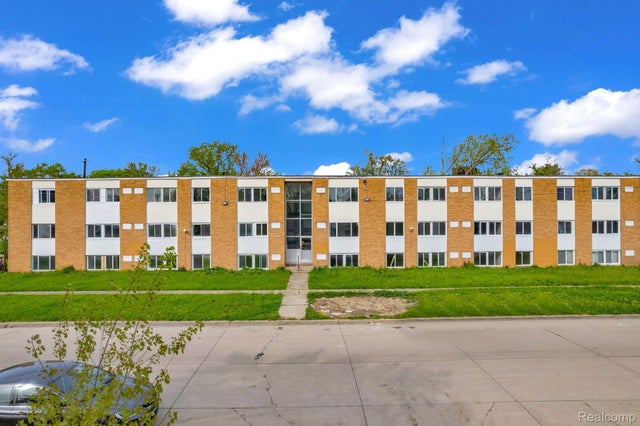
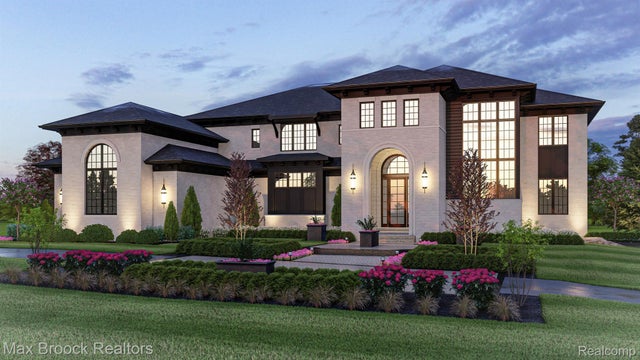
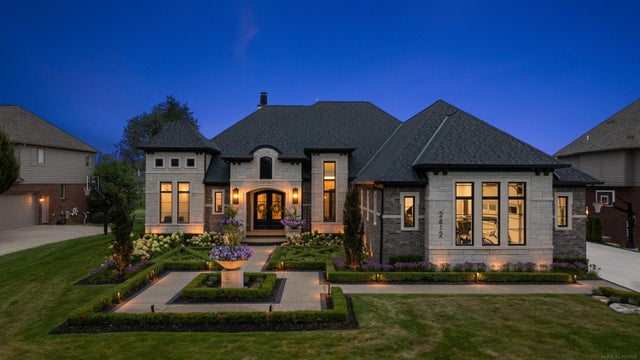
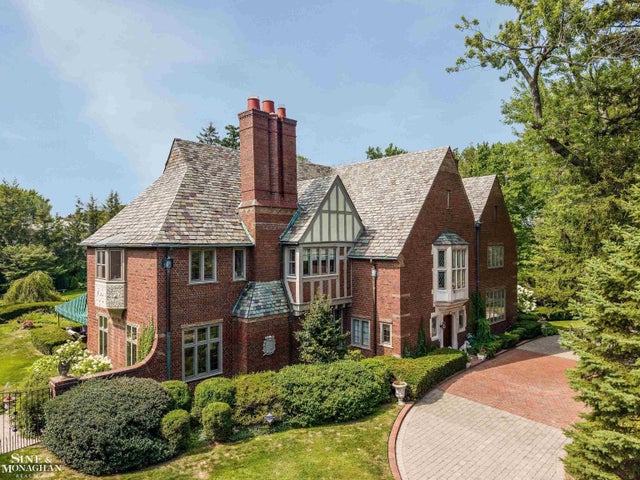
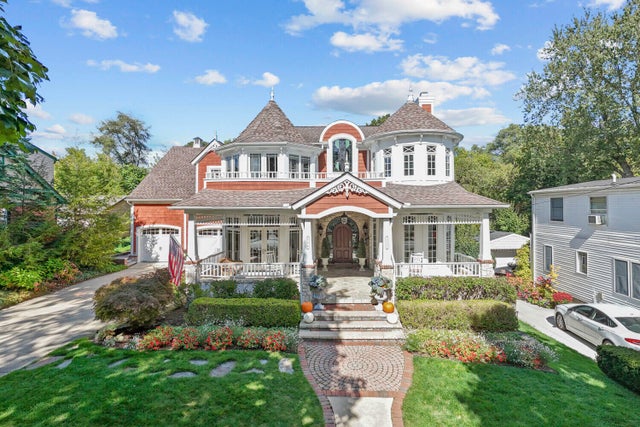
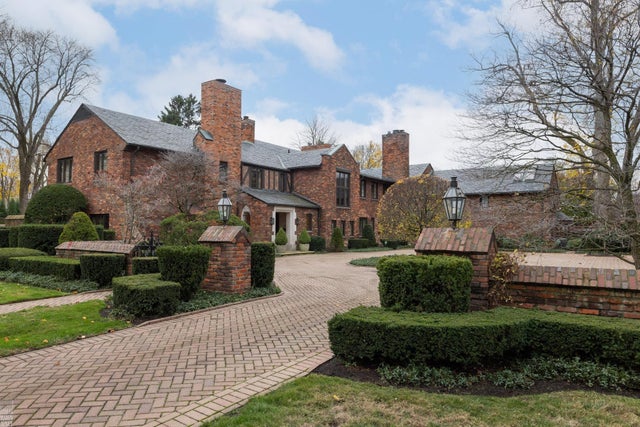


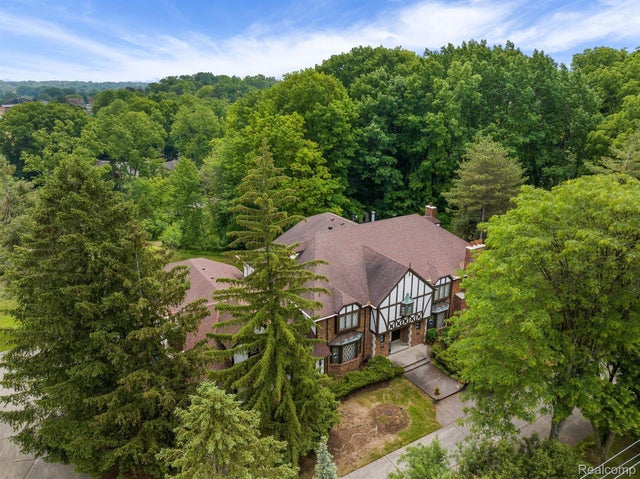
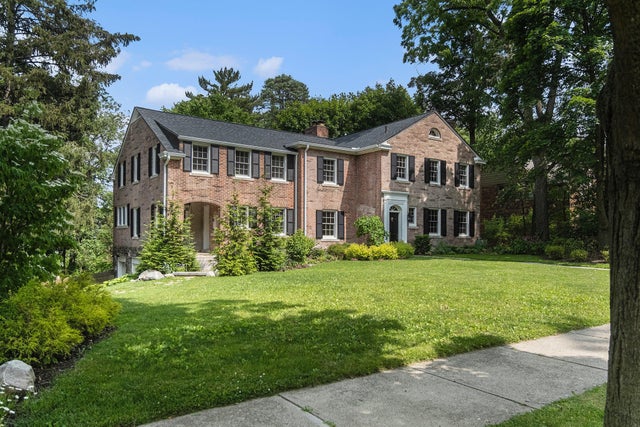
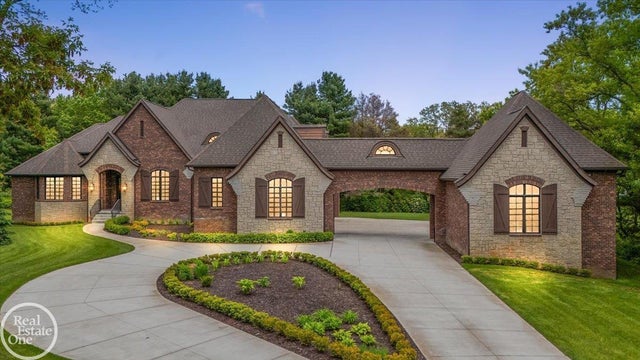
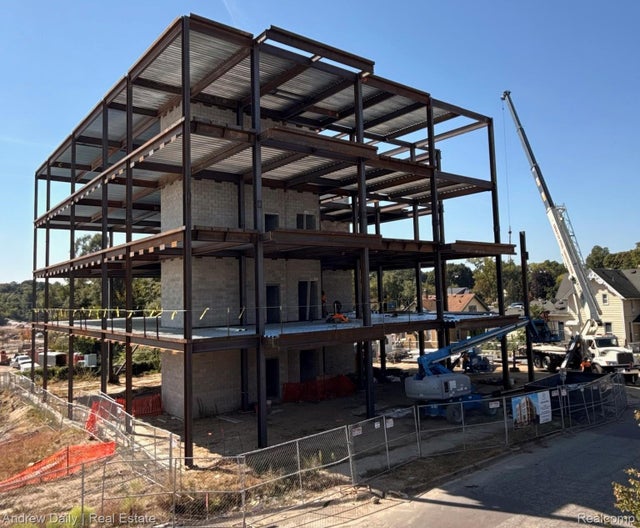
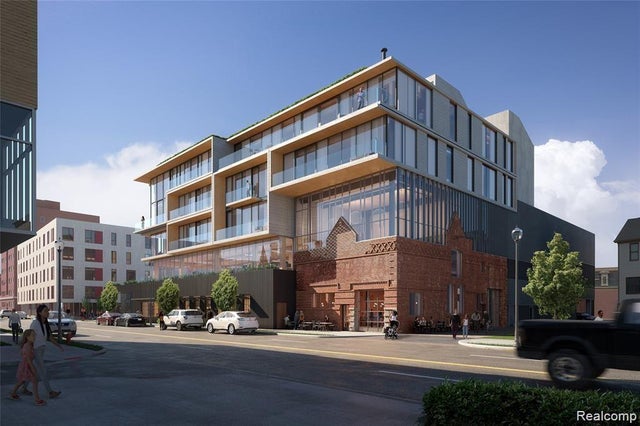
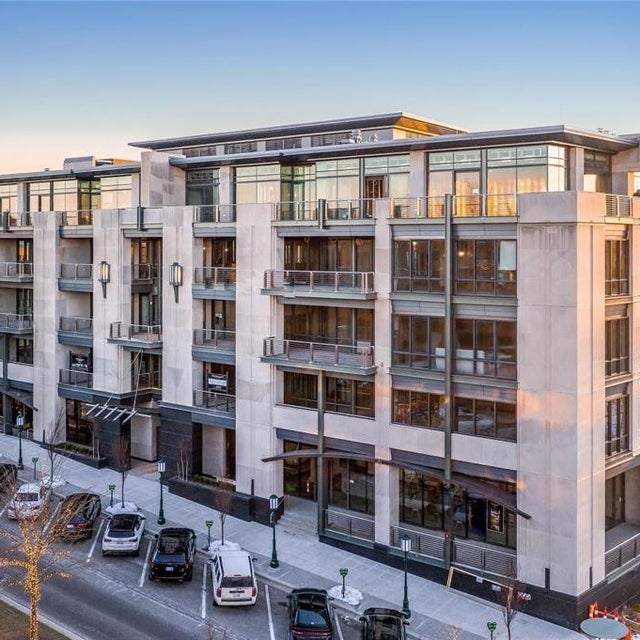

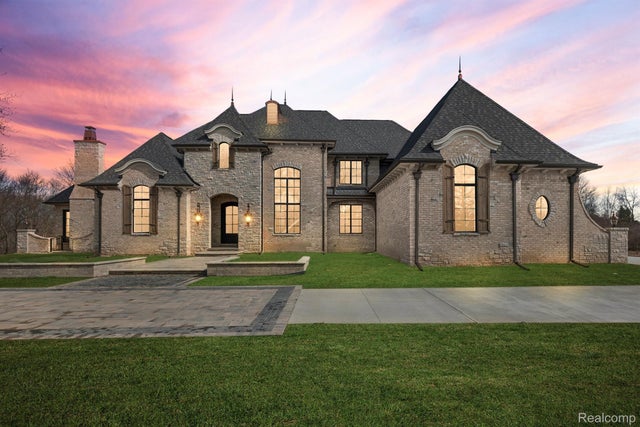

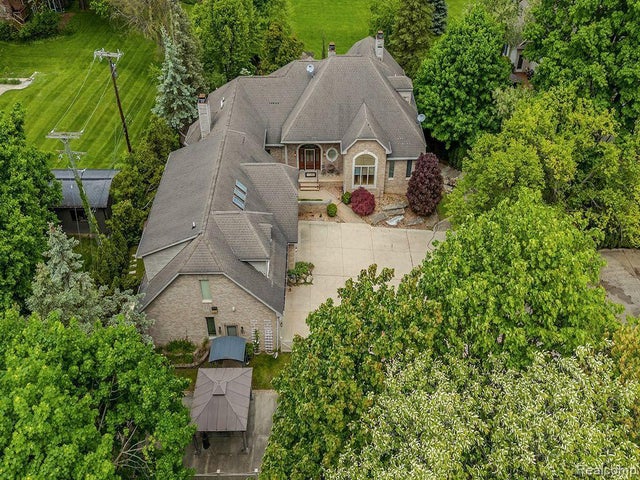
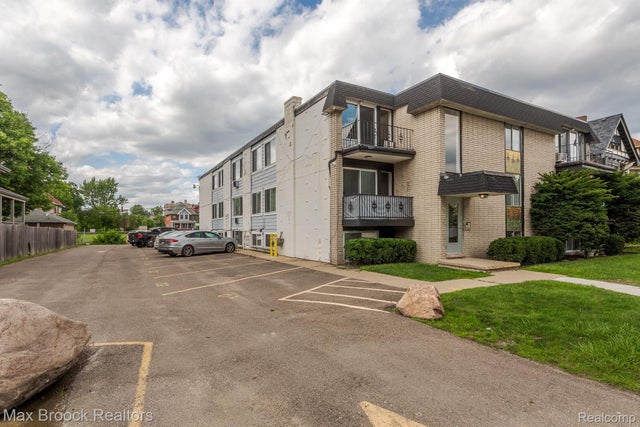
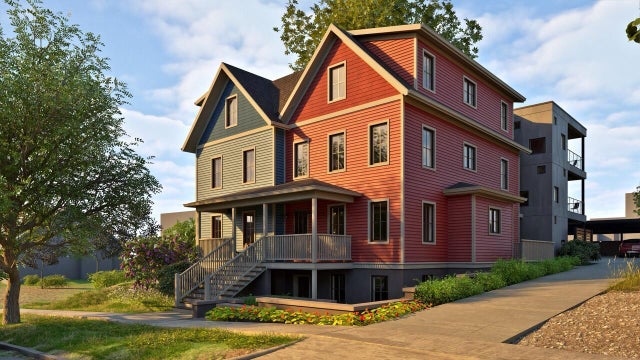
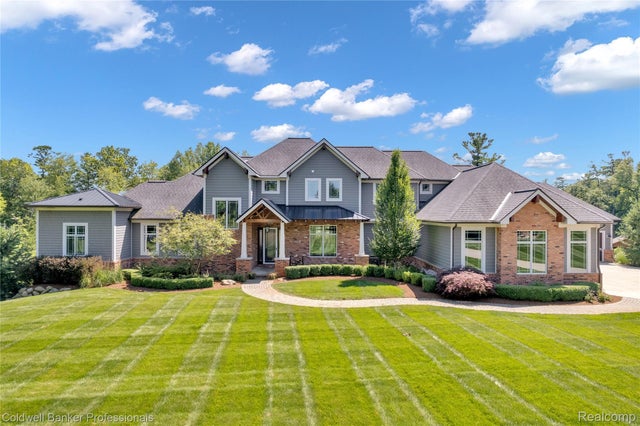
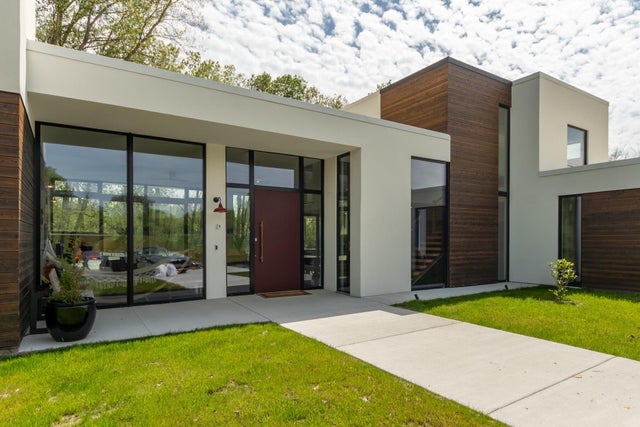
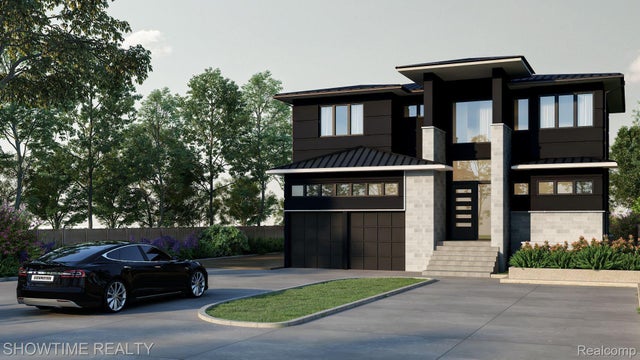
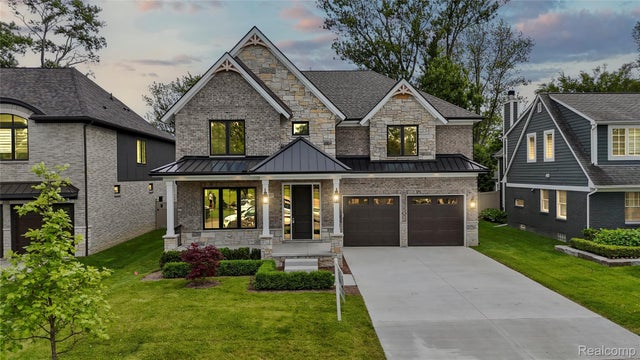
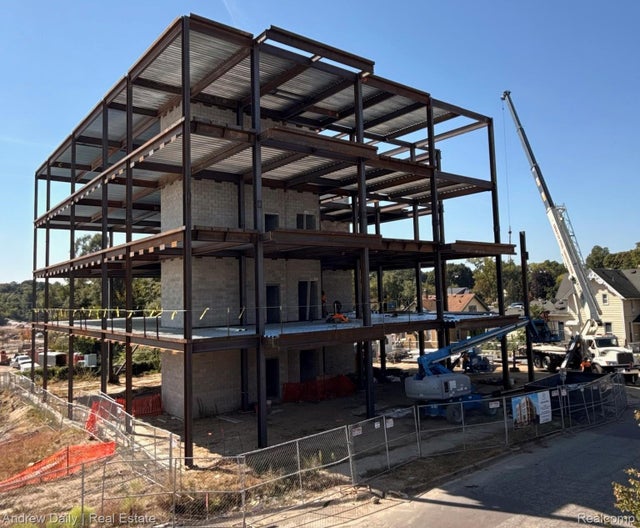
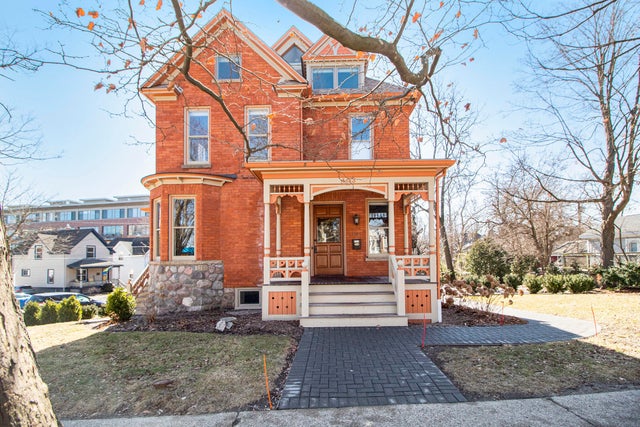

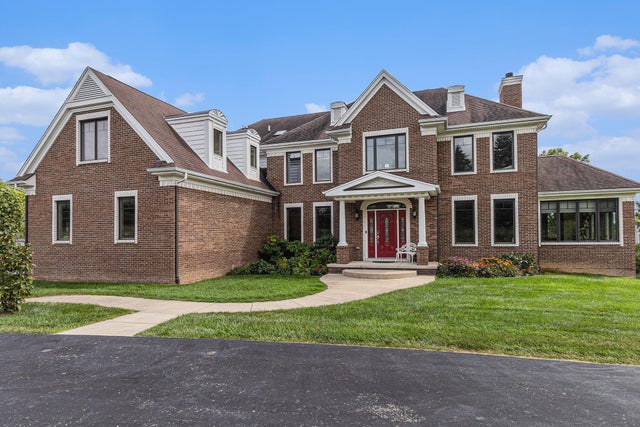
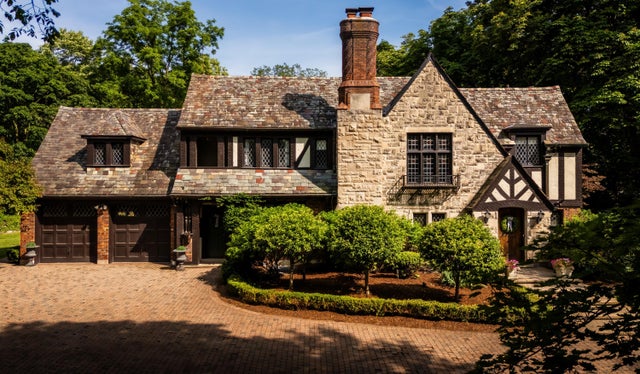
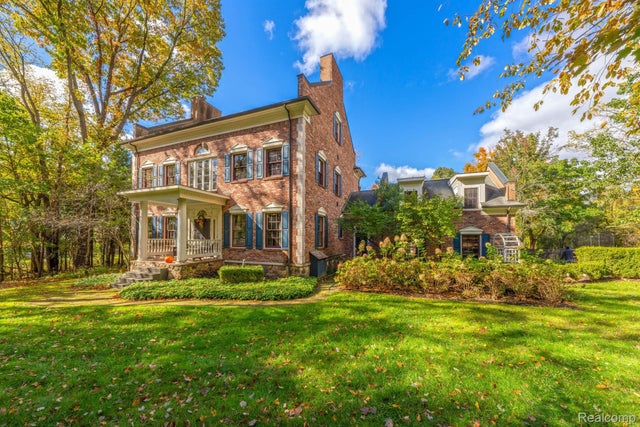
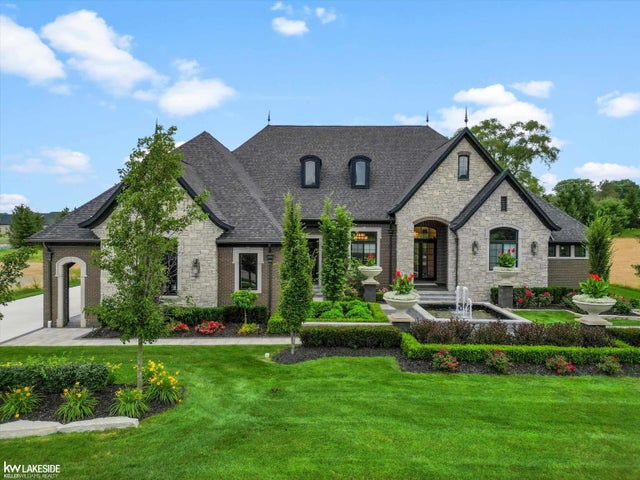
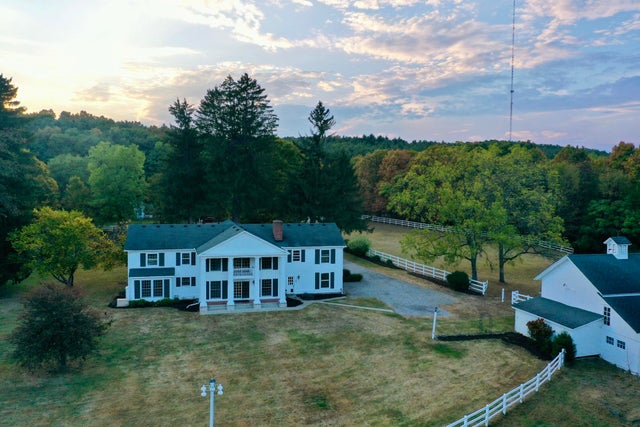
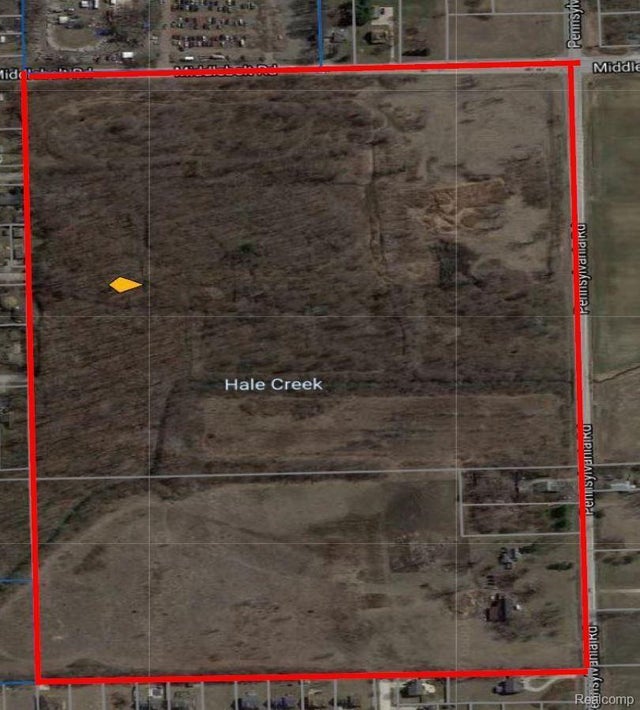
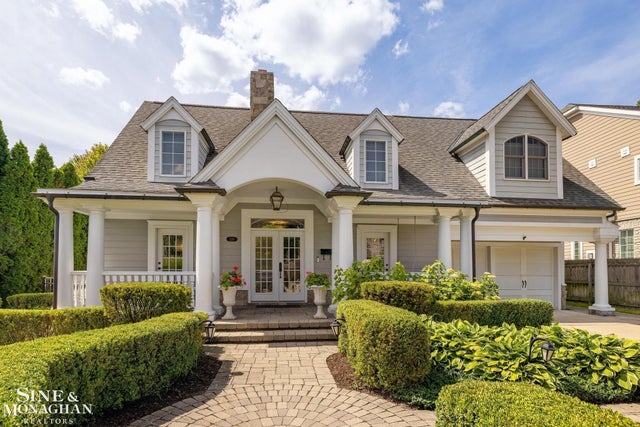
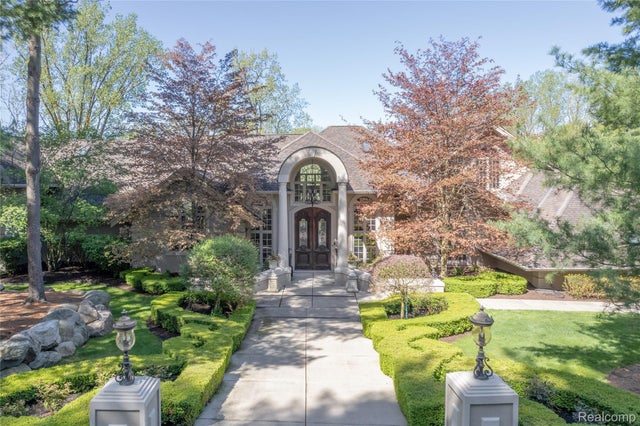
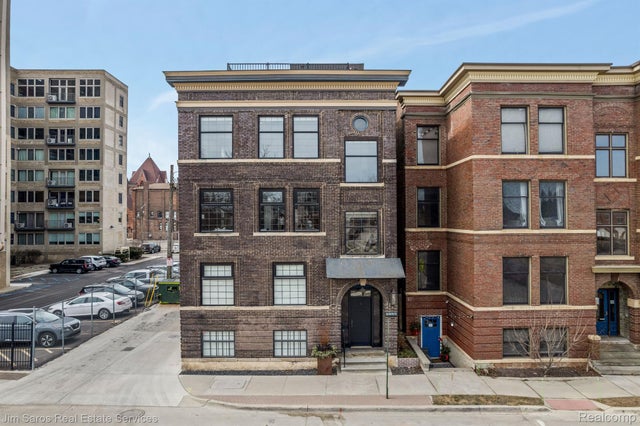
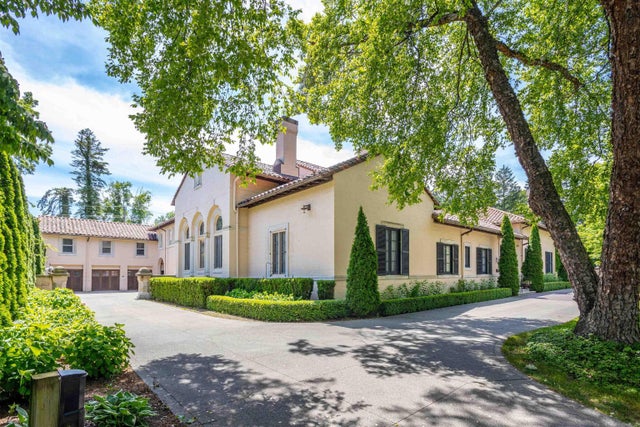
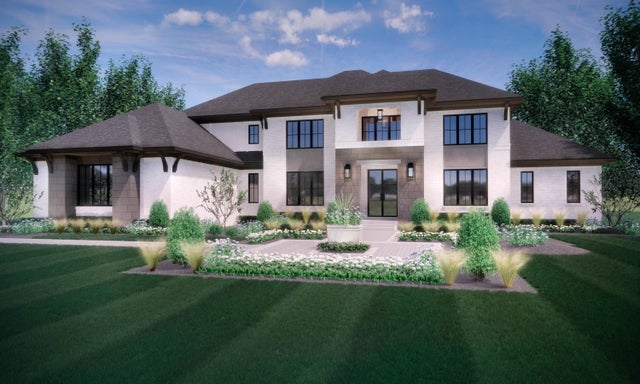
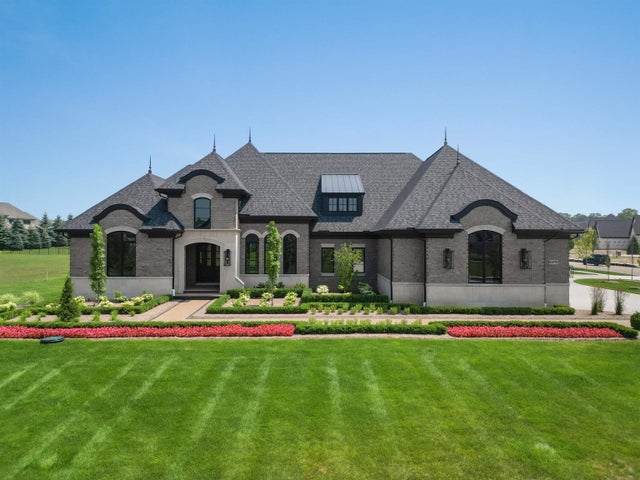
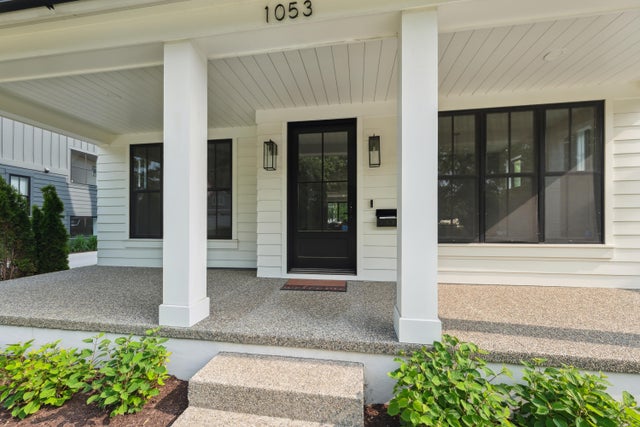
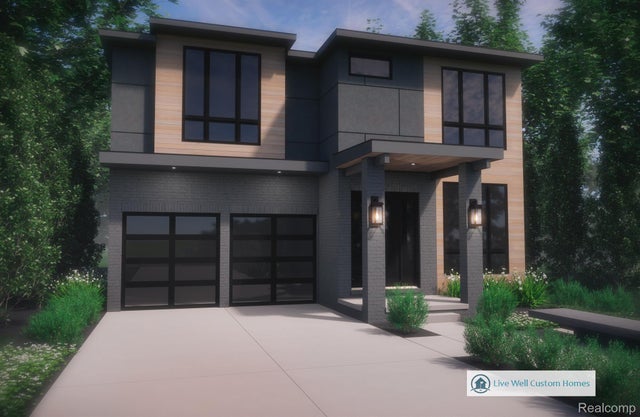
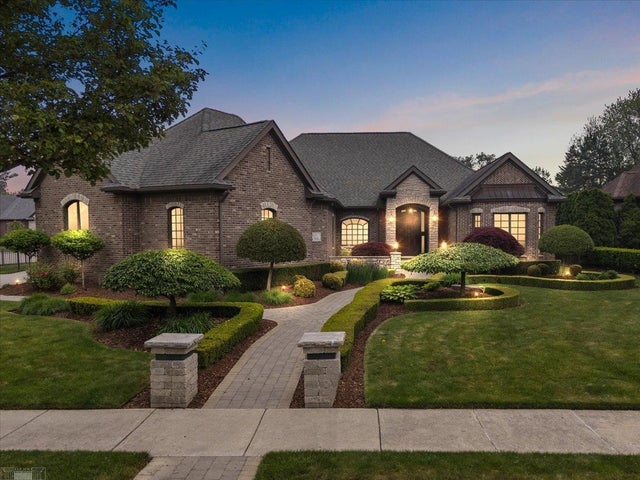
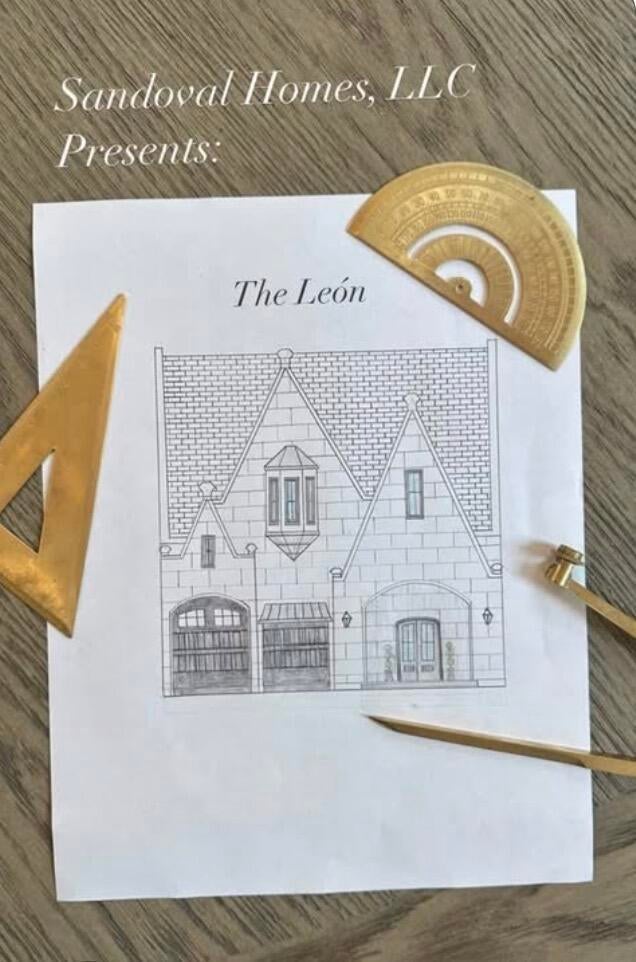
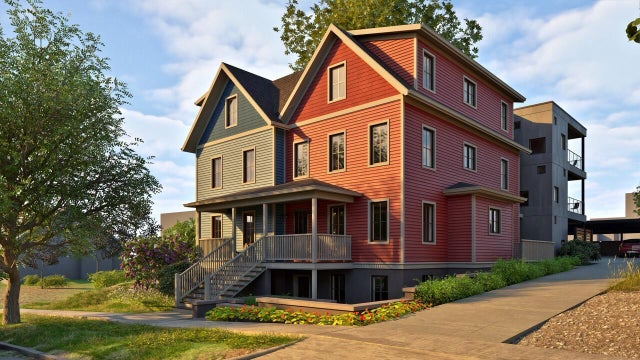

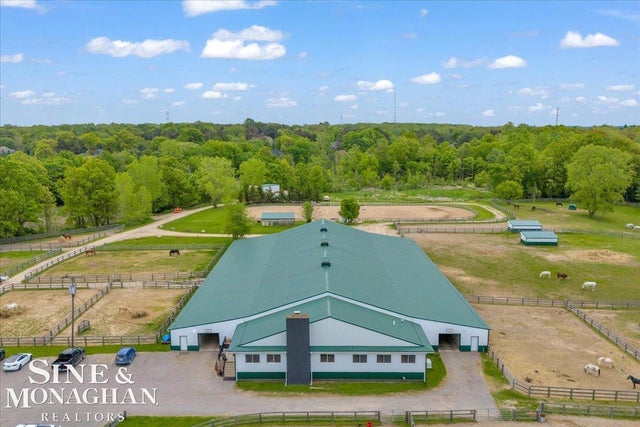
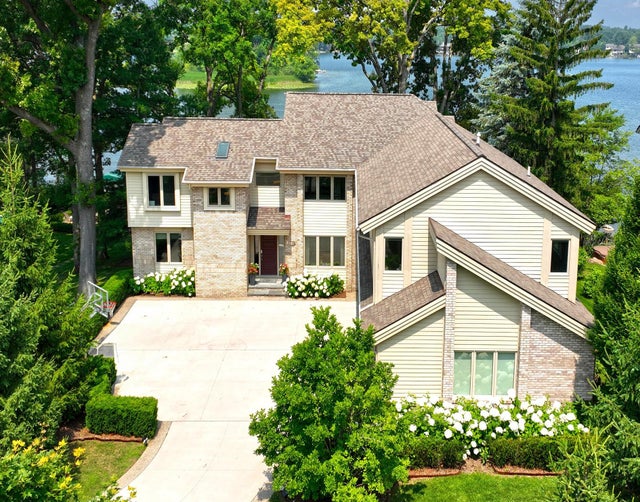
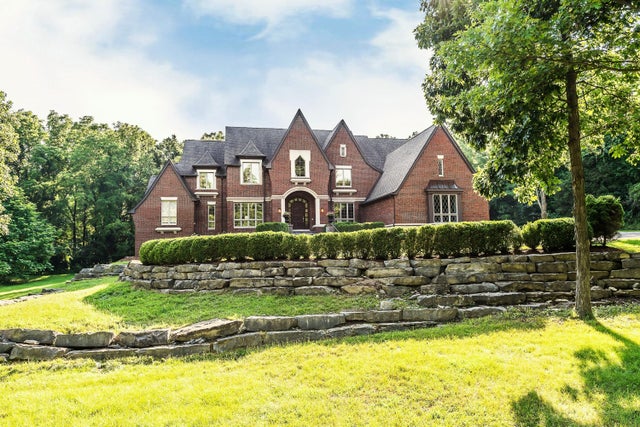
Leave A Comment